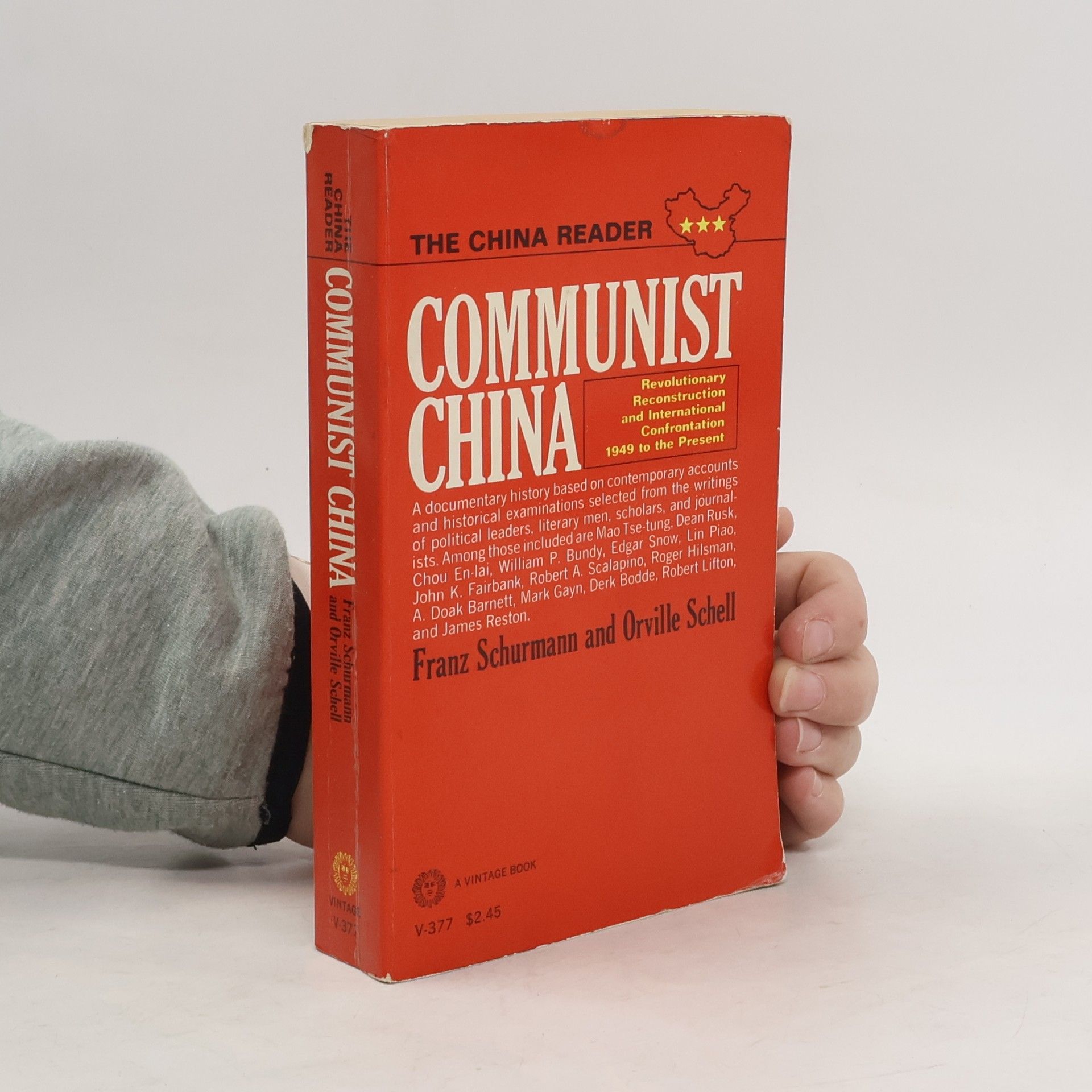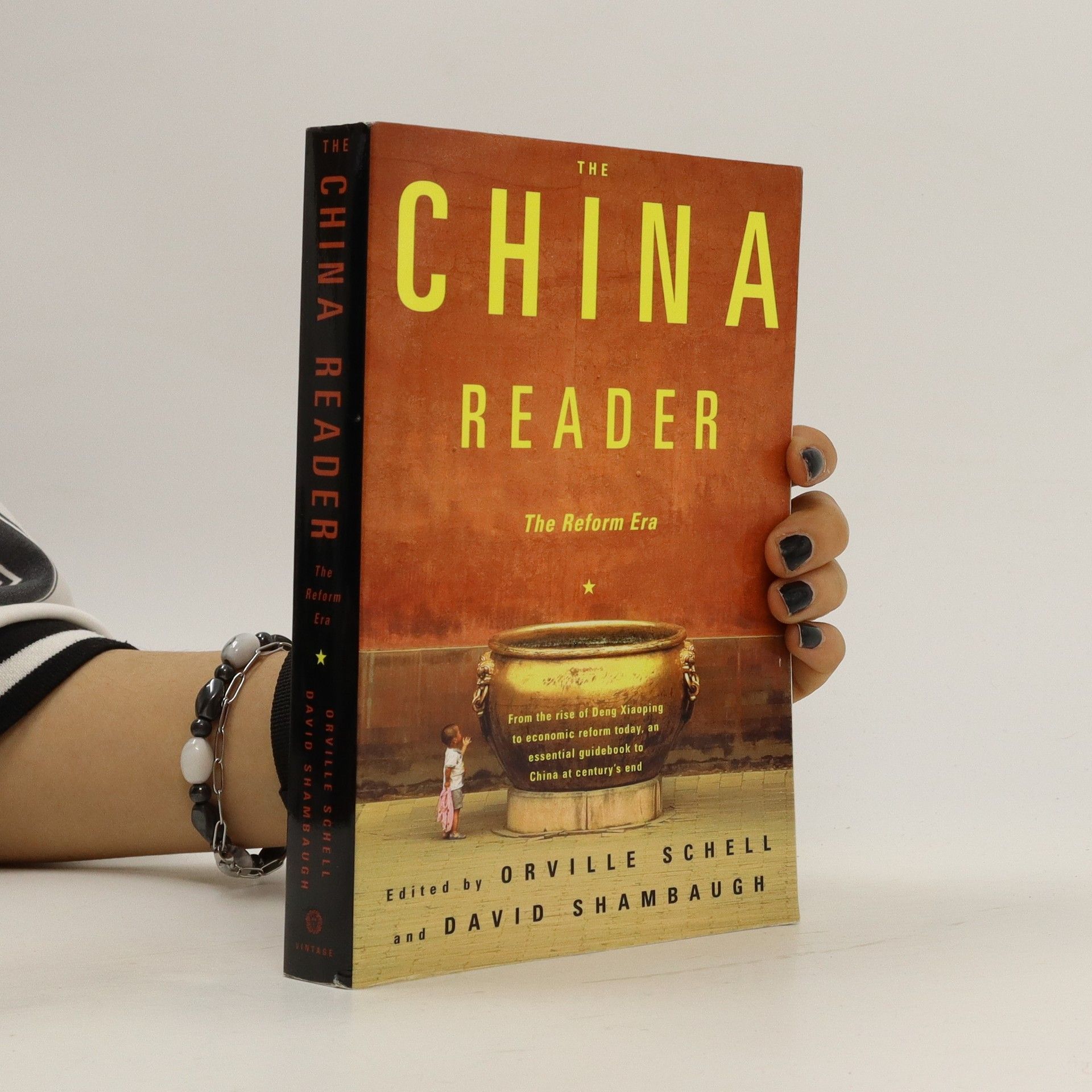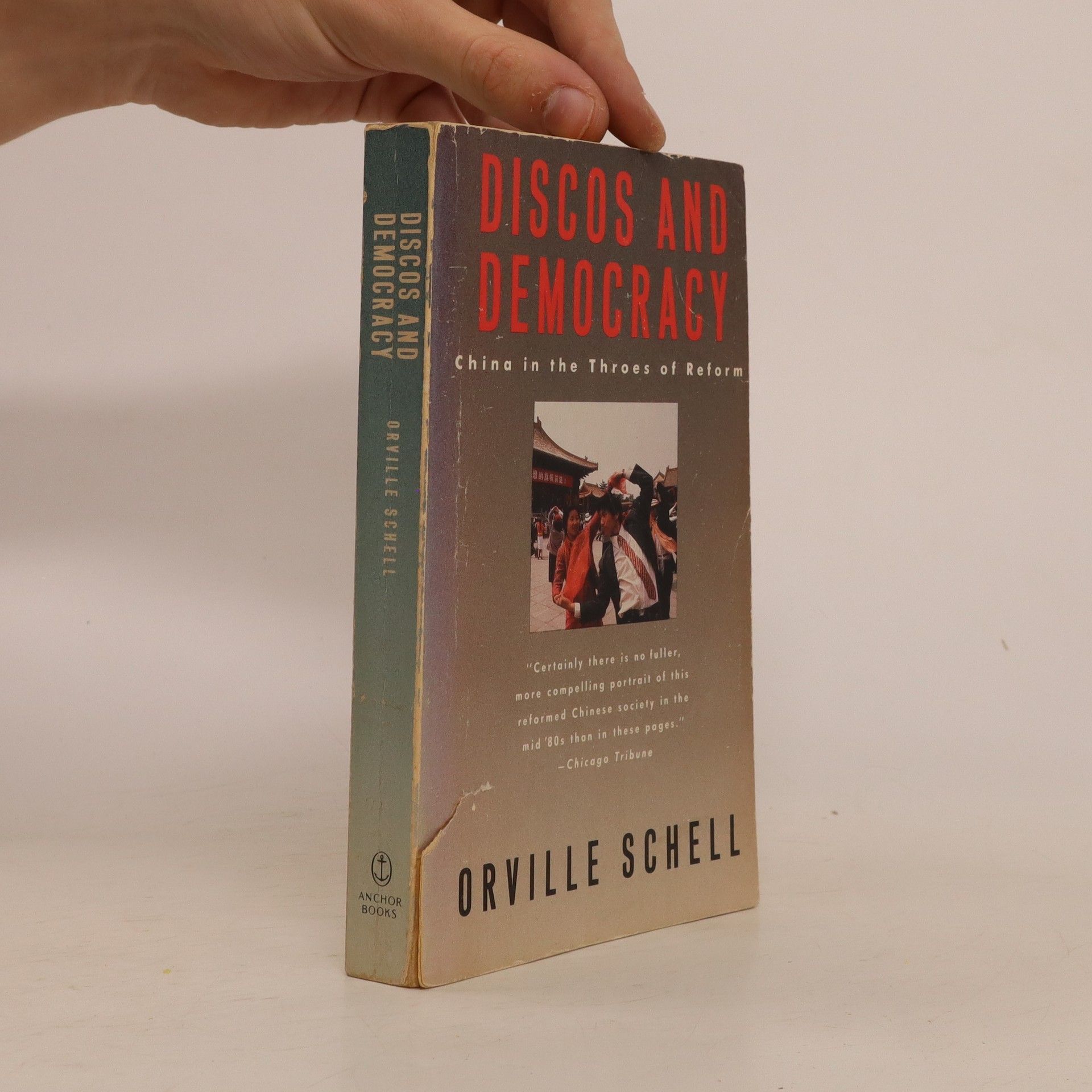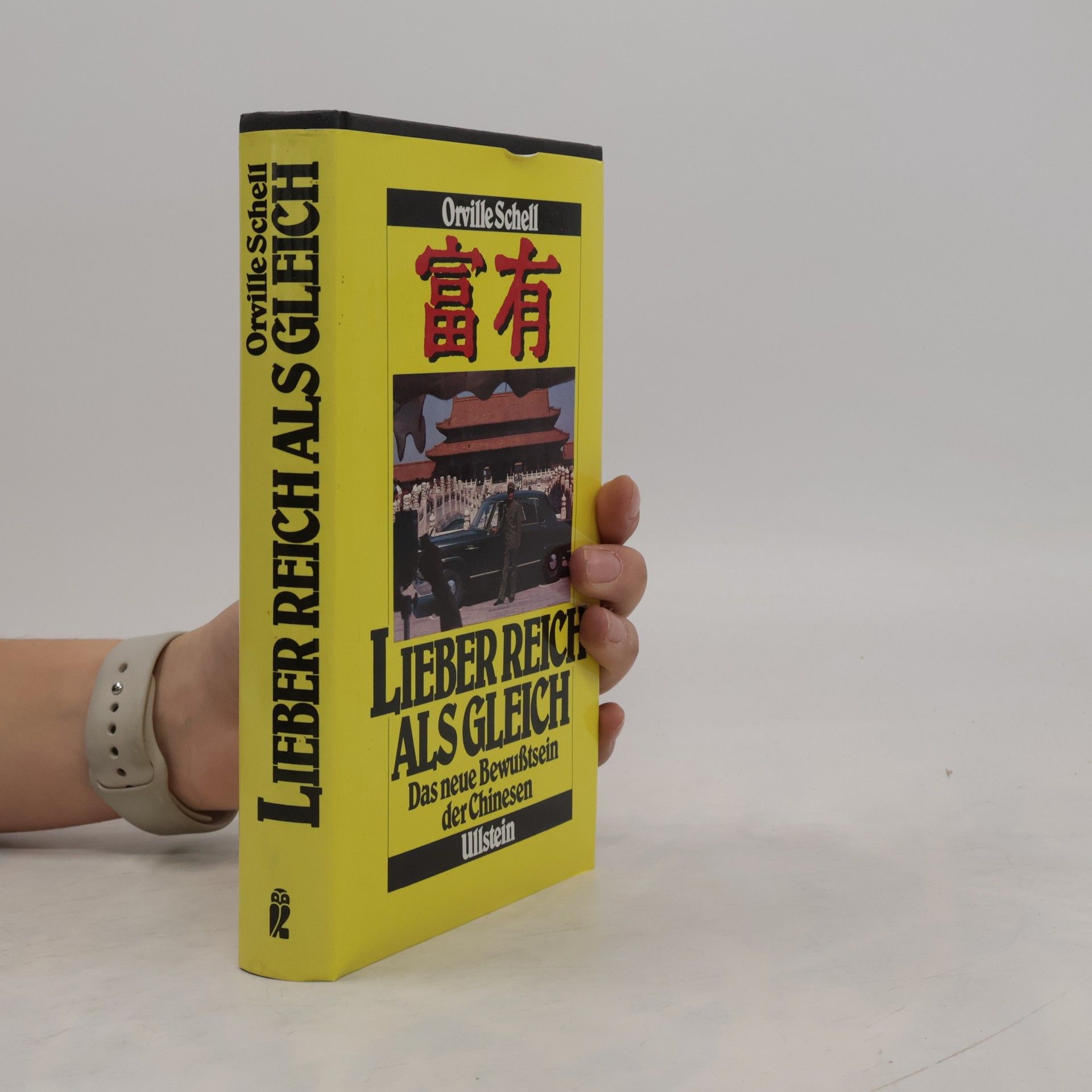Through engaging portraits of key modern Chinese leaders and thinkers, two leading specialists on China craft a narrative exploring the nation's remarkable rise to prominence. This journey follows China's transformation from a period marked by dynastic decline, intellectual turmoil, foreign occupation, civil war, and revolution to its current status as a global powerhouse. The book examines the lives of eleven pivotal figures, including Wei Yuan, who advocated for Western ideas before the first Opium War, and Liu Xiaobo, a contemporary human-rights advocate. Other notable figures include Empress Dowager Cixi, intellectuals Feng Guifen, Liang Qichao, and Chen Duxiu, as well as Nationalist leaders Sun Yat-sen and Chiang Kai-shek, and Communist Party figures Mao Zedong, Deng Xiaoping, and Zhu Rongji. These individuals shared a common goal: the pursuit of fuqiang, or "wealth and power," which shaped modern Chinese identity and drove transformative societal changes. By tracing the intellectual roots of today’s China, the authors provide vital insights into its evolution from decline to prosperity, helping readers understand the forces that continue to influence the nation’s trajectory in the 21st century.
Orville Schell Livres






My Old Home
- 624pages
- 22 heures de lecture
A uniquely experienced observer of China gives us a sweeping historical novel that takes us on a journey from the rise of Mao Zedong in 1949 to the Tiananmen Square uprising in 1989, as a father and his son are swept away by a relentless series of devastating events. It's 1950, and pianist Li Tongshu is one of the few Chinese to have graduated from the San Francisco Conservatory of Music. Engaged to a Chinese-American violinist who is the daughter of a missionary father and a Shanghai-born mother, Li Tongshu is drawn not just by Mao's grand promise to "build a new China" but also by the enthusiasm of many other Chinese artists and scientists living abroad, who take hope in Mao's promise of a rejuvenated China. And so when the recently established Central Conservatory of Music in Beijing offers Li Tongshu a teaching position, he leaves San Francisco and returns home with his new wife. But instead of being allowed to teach, Li Tongshu is plunged into Mao's manic revolution, which becomes deeply distrustful of his Western education and his American wife. It's not long before his son, Little Li, also gets caught up in the maelstrom of political and ideological upheaval that ends up not only savaging the Li family but, ultimately, destroying the essential fabric of Chinese society.
To Get Rich Is Glorious - Revised and Updated Edition
- 227pages
- 8 heures de lecture
Essays describe the contradictions of life in modern China, looks at the changes since Mao's death, and suggests what directions China will take in the future
In this arresting chronicle of one tumultuous year in China's love-hate relationship with the West, Orville Schell brings us a revealing analysis of the Chinese reform movement.
The China Reader: The Reform Era
- 576pages
- 21 heures de lecture
Current Affairs/Asian StudiesPerhaps no nation in recent history has undergone as total a transformation as China has in the past twenty-five years. For Chinese leaders, the death of Mao Zedong, the rise of Deng Xiaoping, and unprecedented economic growth have spawned new complexities. For the country's 1.3 billion citizens, changes have been equally dramatic, from skyrocketing sales in automobiles and satellite dishes to an explosion in violent crime and drug trafficking.The China Reader: The Reform Era is a fascinating compilation by two astute China watchers of the most important documents, articles, and statements on China from 1972 to the present. Here are the voices of the experts, from Chinese analyses of the fall of Soviet Communism to Western exposés of an ecological crisis that threatens global weather patterns into the next millennium. Here, too, are the artifacts of an era, from regulations to control Chinese cyberspace to a Party member's Orwellian justification of the military crackdown in Tiananmen Square. Authoritative and comprehensive, The China Reader is a timely guide to understanding a nation in the throes of change--a historic moment with profound implications for policy makers and markets from the Pacific Rim to Wall Street.—from the back cover
Communist China
Revolutionary Reconstruction and International Confrontation 1949 to the Present
The Dalai Lama meets The Player—from the Himalayas to Hollywood—explores the West's enduring fascination with Tibet and its spiritual leader. This remote region has captured Western imagination since Marco Polo’s portrayal of it as a mystical land and James Hilton’s Shangri-la in *Lost Horizon*. Orville Schell, a leading expert on modern China and Tibet, embarks on an intriguing journey into these Tibetan fantasies. He narrates the captivating stories of Western adventurers, explorers, and spiritual seekers who have long sought to reach the forbidden land of Tibet and its sacred city, Lhasa. Simultaneously, Schell takes readers on a contemporary exploration that includes Hollywood dharma groups, "Free Tibet" concerts by the Beastie Boys, and the extravagant recreation of Lhasa in the Argentine Andes for the film *Seven Years in Tibet*, featuring Brad Pitt. As he intertwines past and present, traditional customs and celebrity culture, Schell highlights the risks of confusing virtual experiences with reality. Featuring a colorful cast of characters, including celebrity Buddhists and Tibetan monks, this elegantly written work offers profound charm, power, and insight into the complex relationship between the West and Tibet.
Mandate of Heaven
The Legacy of Tiananmen Square and the Next Generation of China's Leaders
America's foremost chronicler of contemporary China brilliantly illuminates the new power structure, economic initiatives, and cultural changes that have transformed China since the Tianamen Square massacre of 1989. "A rich portrait, capturing a fascinating and perhaps fateful moment in China's long, turbulent history".--Arnold R. Isaacs, San Francisco Chronicle.



